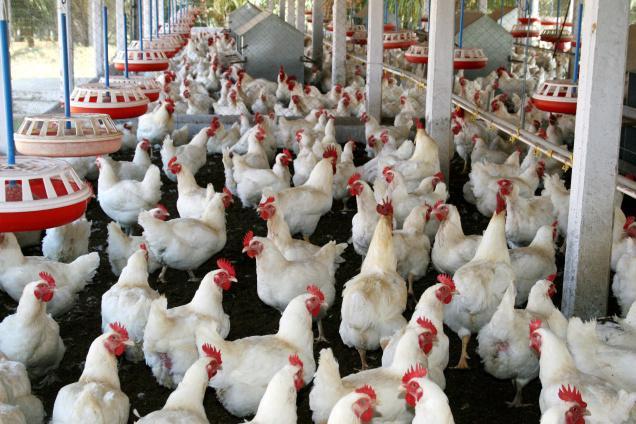
Poultry Vaccination Schedule
A Complete Guide for Kenyan Farmers
Introduction
Vaccination is one of the most effective ways to protect your poultry from deadly diseases. Proper vaccination not only reduces mortality but also ensures higher growth rates, better egg production, and overall flock health. For farmers in Kenya, following a clear vaccination schedule is essential, especially for broilers, layers, and free-range (kienyeji) chickens.
At Afri Mach Feeds, we not only supply quality poultry feeds but also provide advice on medicated feeds and supplements to strengthen immunity alongside vaccinations.
Why Vaccinate Your Poultry?
Poultry are prone to several infectious diseases that spread rapidly in flocks. Vaccination helps prevent:
-
Newcastle Disease (ND) – Highly contagious; kills up to 100% of unvaccinated birds.
-
Gumboro Disease (Infectious Bursal Disease) – Weakens the immune system, making birds vulnerable to other diseases.
-
Fowl Pox – Skin lesions, decreased egg production.
-
Coccidiosis – Intestinal parasite, can be prevented with medicated feeds or vaccines.
-
Marek’s Disease – Causes tumors and paralysis.
Poultry Vaccination Schedule (Kenya)
Below is a recommended schedule for broilers, layers, and kienyeji chickens. Always consult a veterinarian for exact protocols based on local disease prevalence.
1. Day-Old Chicks
-
Newcastle Disease (ND) – I-2 or Lasota strain
-
Marek’s Disease Vaccine (in ovo or day-old)
2. Week 1–2
-
Gumboro (Infectious Bursal Disease) – Intermediate strain (first dose)
-
Ensure clean water and high-quality starter feed
3. Week 2–3
-
ND – second dose (spray or eye drop)
-
Fowl Pox (for flocks older than 2 weeks; scarification method)
4. Week 4–5
-
Gumboro – second dose (booster)
-
Coccidiosis prevention – medicated feed can be given for ongoing protection
5. Week 6–7
-
ND – booster for layers or long-living birds
-
Other local vaccines if recommended by veterinary authorities
6. Week 10–12
-
Fowl Typhoid or Salmonella (optional based on risk)
-
ND – another booster for layers
7. Adult Layers
-
ND boosters every 6 months
-
Regular deworming and supplements to maintain immunity
Tips for Successful Vaccination
-
Maintain hygiene: Always disinfect equipment and hands before vaccination.
-
Follow the schedule strictly: Early or late vaccinations reduce effectiveness.
-
Use proper vaccine handling: Store vaccines as instructed (usually cold chain required).
-
Combine with quality feed: Healthy nutrition enhances vaccine response. Afri Mach Feeds offers medicated feeds and supplements to support immunity.
-
Keep records: Note the date, vaccine type, batch number, and method of administration.
How Afri Mach Feeds Supports Vaccinated Flocks
Vaccination alone is not enough. Birds need high-quality nutrition to respond effectively. Afri Mach Feeds provides:
-
Medicated poultry feeds – support immunity and prevent coccidiosis.
-
Starter, grower, layer, and kienyeji feeds – balanced nutrition for all growth stages.
-
Minerals and supplements – vitamins and trace elements for strong immunity.
-
Delivery across Kenya – ensuring farmers in Nakuru, Nanyuki, Meru, and beyond get timely support.
By combining a proper vaccination schedule with quality feeds from Afri Mach, farmers can maximize growth, egg production, and overall flock health.
Chicken Vaccination Schedule
Conclusion
Following a structured vaccination schedule is key to healthy and productive poultry. Newcastle, Gumboro, Marek’s disease, Fowl Pox, and coccidiosis protection should be prioritized. Combine vaccinations with high-quality feeds and supplements from Afri Mach Feeds to ensure your birds grow healthy, produce more eggs, and resist disease.
Call or WhatsApp us: +254 741 424 440